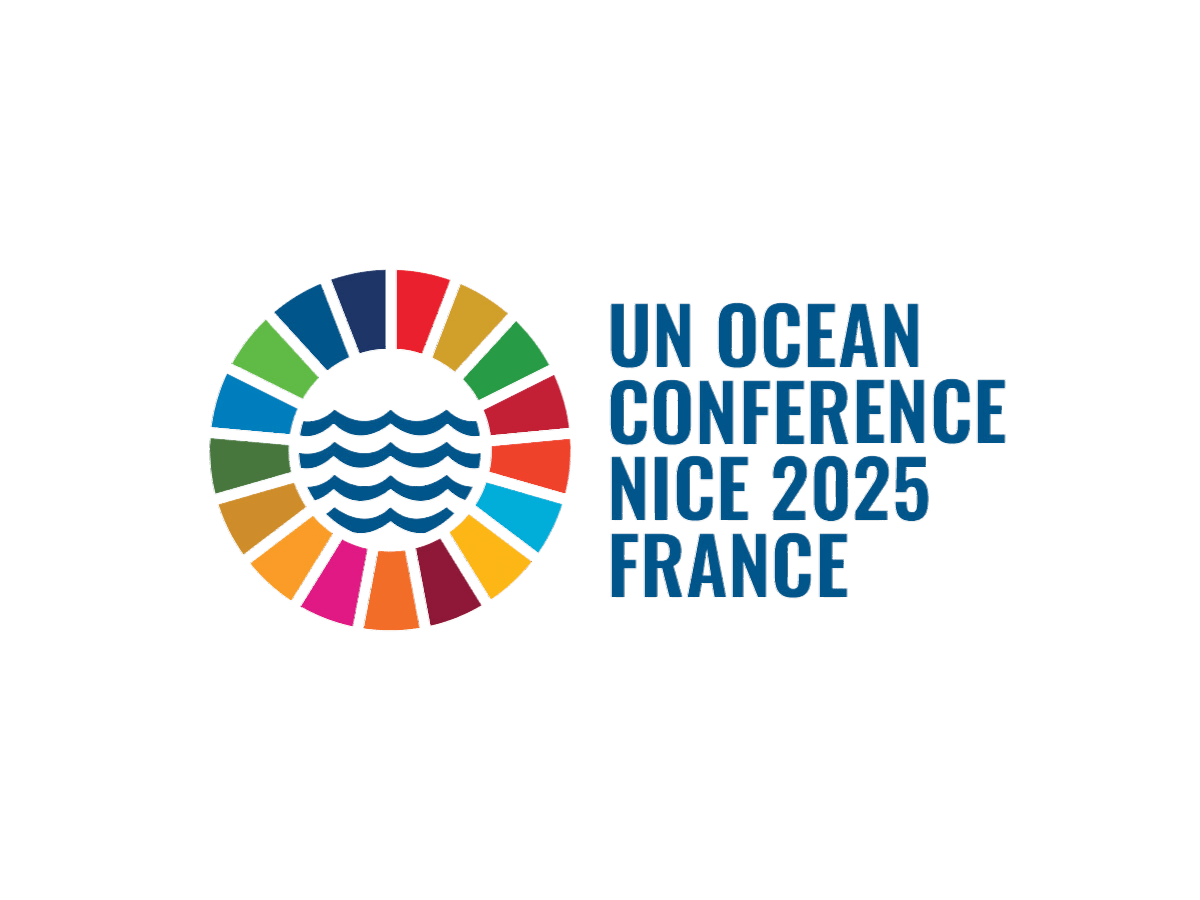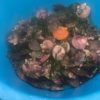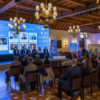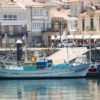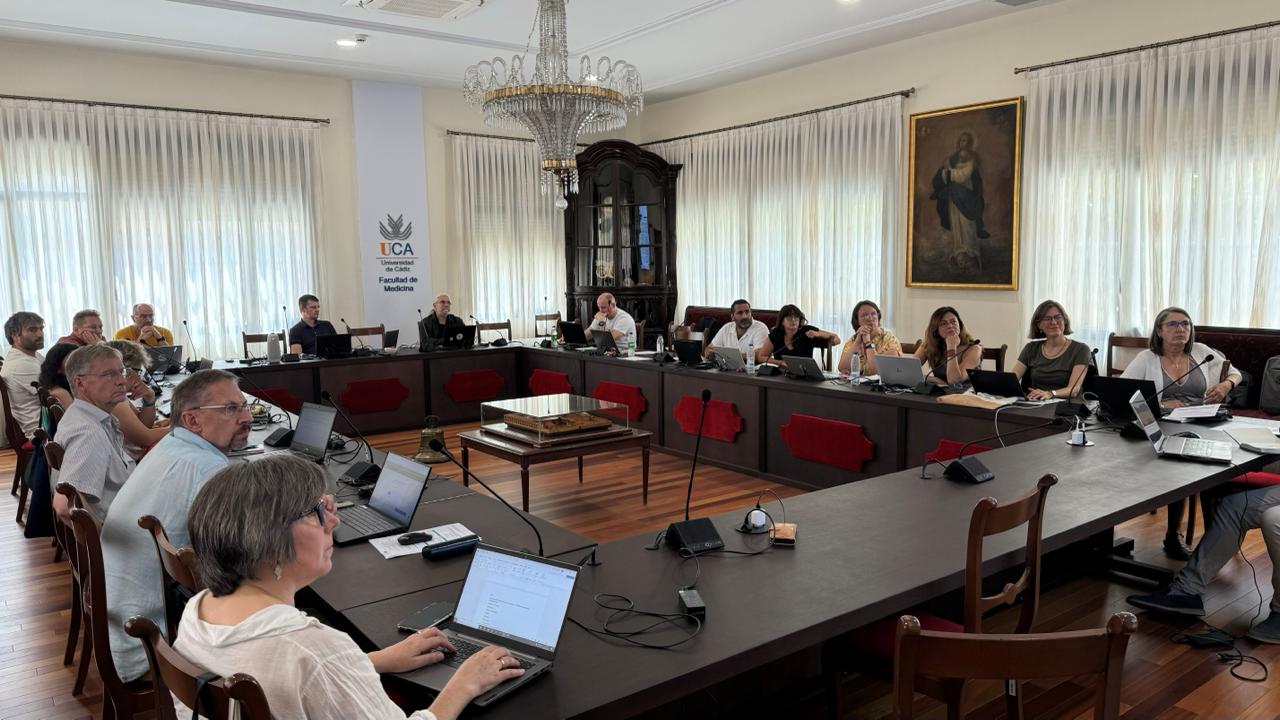
CETMAR collaborates with the European Regional Coordination Groups to design innovative tools improving the management of fisheries data in the EU
- The development of the new technological services is performed in the Secweb 2.0 project, financed by the European Maritime Fund for Fisheries and Aquaculture
- The Centro Tecnológico del Mar is responsible for the secretariat to provide administrative support from 2023 onwards
CETMAR and the European Regional Coordination Groups (RCGs) are working together on the design and development of innovative tools and services to improve the functioning of the groups, which are responsible for the data collection and management of fisheries in the European Union.
As head of the secretariat supporting the RCGs, and within the Secweb 2.0 project, financed by the European Maritime Fisheries and Aquaculture Fund (EMFAF), the Galician institution dependent on the Consellería do Mar, is leading the process. It was initiated with a survey to the experts who make up the groups to find out their demands for improvement.
Considering the results of this consultation, it was agreed to develop a series of tools and content, like a platform to manage recommendations and decisions, an event registration system, and an electronic calendar and library, as well as to improve and update the RCG website and the stakeholder database.
The design and implementation of these actions was discussed at the first co-design meeting, which brought together 17 representatives of the six groups and subgroups and the national focal points. It was addressed the content of the platform for the management of recommendations and decisions, to allow their follow up beyond the annual meeting of the RCGs.
CETMAR will discuss with the groups in future meetings the content of other tools such as the calendar or the new system for events registration, or the virtual library, commonly agreeing on the information to be shared, the way to display it or the access system.
It is a cooperative, continuous and open design process, led by Cetmar, who will present the progress until the final development of the new tools. They are intended to make the day-to-day work easier for the Regional Coordination Groups.
Since 2023, the Promotion and Technology Transfer area of CETMAR has been assisting the RCGs and supporting in the organisation and communication procedures of the groups, by new mechanisms and proposals to consolidate a structure for a secretariat to support them in the long term.
Parallelly, Cetmar develops the SECWEB 2.0 project to improve the capacity of the RCGs and strengthen the regional coordination of this network of more than 400 experts for the collection, management, and exchange of fisheries data.
The Regional Coordination Groups – North Atlantic, North Sea and Eastern Arctic (NANSEA RCG); Baltic (Baltic RCG); Large Pelagics (LP RCG); Long Distance Fisheries (LDF RCG); Mediterranean and Black Sea (Med&BS RCG) and Economic Affairs (ECON RCG) – are the main collectors of fisheries data for the European Union to improve and ensure the sustainable management of marine resources.
The analysis of this information is the basis for stock assessments, which help to write scientific reports as a basis to define the fishing opportunities of each species.

